In Africa, the consequences of political corruption, weak policy, social divisions, failure of basic institutions and economic strife have birthed a circus of customary drug addictions. Anyone who is privy to the seething damage that hard drugs have become in Asia, north and central America should be worried about the budding drug trend in Africa.
Frighteningly, we have started hearing stories of major drug leagues moving towards the Sahara to invest in illicit drug business in Africa.
Of today’s normal vices, banditry, conflict, separatist irredentism and terrorism present the most worrying signs in Africa. However, their perpetrators have all got the same token – drug addiction and/or dealership, which may soon rival the cartels of Afghanistan, Mexico, Peru, Colombia, Thailand and Brazil. Marijuana, heroin, lysergic diethylamide (LSD), crack, cocaine, ecstasy and a host of emergent substances are the illicit drugs. Alcohol and cigarette belong in the cadre of licit and controlled drugs.
Join our WhatsApp ChannelThe rapidly expanding market for illicit drugs in Africa has alarmingly happened over a relatively short period. With drugs being a relatively marginal problem in sub-Saharan Africa just 10 years ago, it is being projected that 14 million more people in Africa will become illicit drug users by 2050. This is 5% of the population and a 150% increase by 2018 estimates. According to the United Nations Office on Drugs and Crime (UNODC), this will be the highest in the world. Even South Asia, a major drug hub, is expected to mark a 70% increase in drug abuse by 2050. At present, consumption of illicit drugs stands at 1.6% of Africa’s adult population, higher than Latin America, another hub of hard drugs.
Cocaine and heroin, which had little to do with Africa just over a decade ago have become commonly trafficked drugs. While the proportion of drug users in West Africa is estimated to double from the current 6 million by 2050, East Africa has a gloomier prospect of tripling its present hard drug use from just over 2 million to above 5 million. East Africa is the biggest producer of Cannabis, the most trafficked drug in the region. East Africa is also the fastest in urbanization as well as the highest in the proportion of young people. West Africa has the biggest market for trade in illicit drugs.
Perhaps, ironically unfortunate for Africa is its high prevalence of young people and rapid urbanization in many of its countries, which have been associated with the likelihood of illicit drug use. Face-to-face with customary poverty and gaping inequality, young people often find succour in drugs, no thanks also to the Internet and social media. Other factors like gender, age, type, race, ethnicity, family, and social structures are associated with illicit drug use according to recent studies.
While there are about 32 million drug users in all of the US and Canada, Africa commands a mammoth 28 million drug users. Nigeria currently has an unenviable record of 14.3 million drug users. Nearly 3 million of these suffer from a drug use disorder. Cannabis alone has nearly 11 million users in Nigeria, with at least 4 million being serious users, and another 3 million believing that drug abuse has no untoward side effects. Northern and Southern Africa are known for cannabis. Khat chewing is prevalent in north-eastern Africa.
Cannabis and khat are also the most abused in West Africa, and are a leading cause of schizophrenic-like psychosis. According to the UN, 37,000 die in Africa yearly from diseases associated with the use of illegal drugs. It has been had for anyone to append real financial and emotional costs due to bodily harm, threats of harm, social deviance, deaths, family trauma, mental problems, car crashes, unemployment, among others, which are associated with consumption of illicit drugs as well as its prevention.
According to Gilberto Gerra, Chief of drug prevention and health branch of UNODC, Africa’s rising illegal drug consumption has a very close link with political instability and porous borders. Gerra notes that “West Africa is completely weak in terms of border control and the big drug cartels from Colombia and Latin America have chosen Africa as a way to reach Europe. While Colombia, Peru and Brazil are to blame for funnelling cocaine to Africa, Thailand takes the larger blame in the case of heroin. The ease of availability, popularity and affordability of the drugs stand in stark contrast to shamefully high inflation levels on the continent, and this is considered by many to be a collective insult to policy and law.
Traffickers often hide drugs in their merchandise. Law enforcement agents are also highly complicit in the illegal transportation of illicit drugs across African borders. Money from illicit drugs find their way to the palms of government functionaries, who become lax in measures to combat the menace.
Prime Business Africa insists that now is time for relevant institutions to muster whatever is left of their potency to fend off the impending drug conundrum in Africa. Experts say that a reduction in the perception of the risks of drug use is associated with the rising rates of drug use, and according to UNODC Executive Director Ghada Waly. this highlight the need to close the gap between perception and reality to educate young people and safeguard public health.
What is needed is a system for estimating the actual scale and character of drug abuse on the continent. Experts believe that what Africa needs is the mitigation of production, transportation and use of illicit drugs. There is also a need for more health and rehabilitation services. The traditional institutions of family, school, markets, aboriginal unions and religious bodies must take up the gauntlet to identify and shame distributors, sellers and abusers. Some local women groups, aboriginal associations and local vigilante have created measures to halt local distribution and sale of illicit drugs. Educational programmes, media campaigns and community-level enlightenment programmes can be used to educate the youth and lure them away from drugs.
A retraining of law enforcement agents and more assured measures to protect them from drug gangs are necessary to encourage commitment. While rising from the effects of COVID-19, Africa must resist the advance of illicit drug use or risk the future of its young people. The concern shown recently by ECOWAS, UNODC, the WHO and similar bodies are commendable. As already, noted, more needs to be done especially at the grassroots where illicit drug use is dealing a decisive blow to the young generation.
Dr. Marcel Mbamalu is a communication scholar, journalist and entrepreneur. He holds a Ph.D in Mass Communication from the University of Nigeria, Nsukka and is the Chief Executive Officer Newstide Publications, the publishers of Prime Business Africa.
A seasoned journalist, he horned his journalism skills at The Guardian Newspaper, rising to the position of News Editor at the flagship of the Nigerian press. He has garnered multidisciplinary experience in marketing communication, public relations and media research, helping clients to deliver bespoke campaigns within Nigeria and across Africa.
He has built an expansive network in the media and has served as a media trainer for World Health Organisation (WHO) at various times in Northeast Nigeria. He has attended numerous media trainings, including the Bloomberg Financial Journalism Training and Reuters/AfDB training on Effective Coverage of Infrastructural Development of Africa.
A versatile media expert, he won the Jefferson Fellowship in 2023 as the sole Africa representative on the program. Dr Mbamalu was part of a global media team that covered the 2020 United State’s Presidential election. As Africa's sole representative in the 2023 Jefferson Fellowships, Dr Mbamalu was selected to tour the United States and Asia (Japan and Hong Kong) as part of a 12-man global team of journalists on a travel grant to report on inclusion, income gaps and migration issues between the US and Asia.




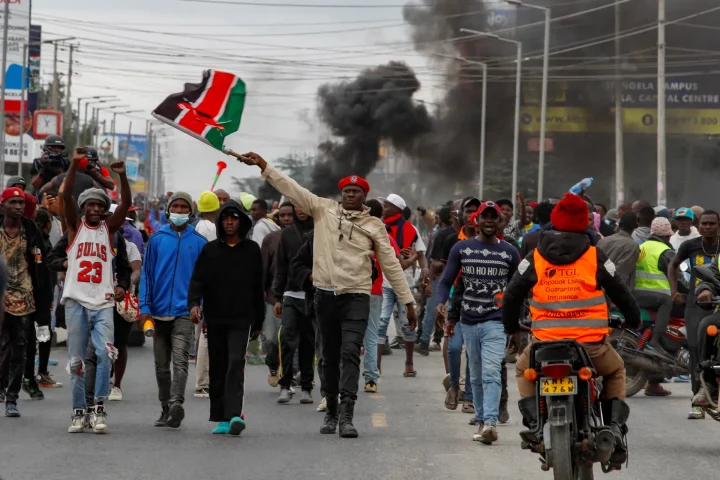
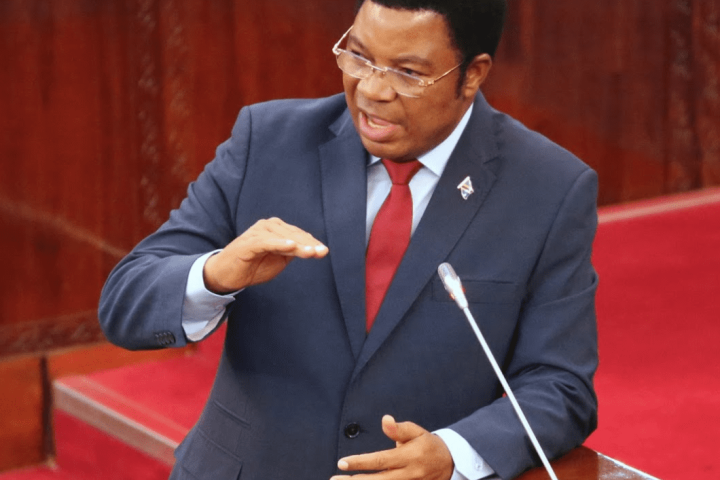
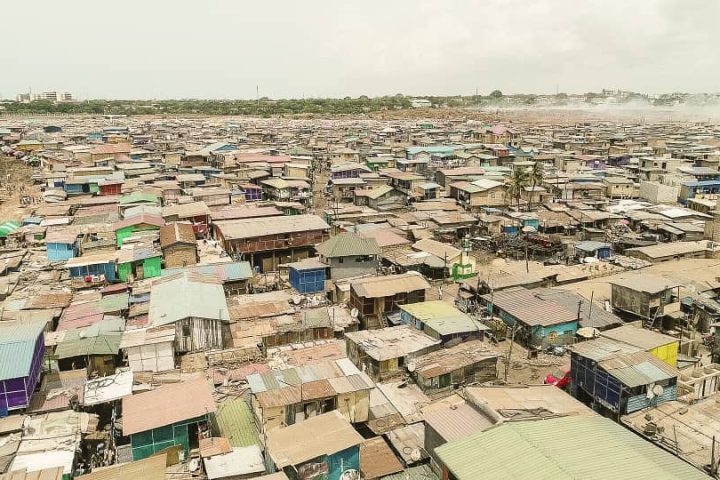








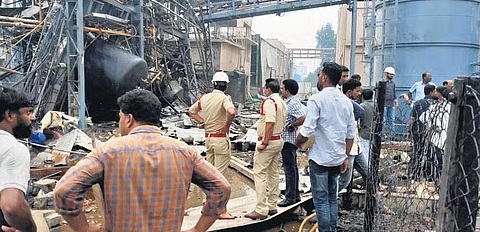
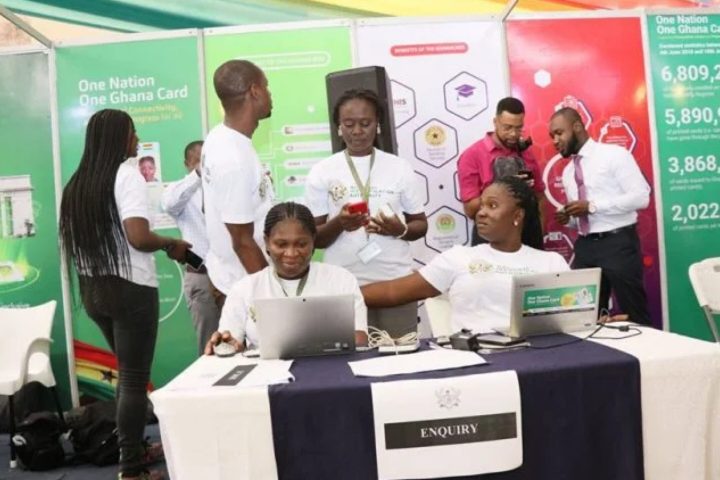
Follow Us